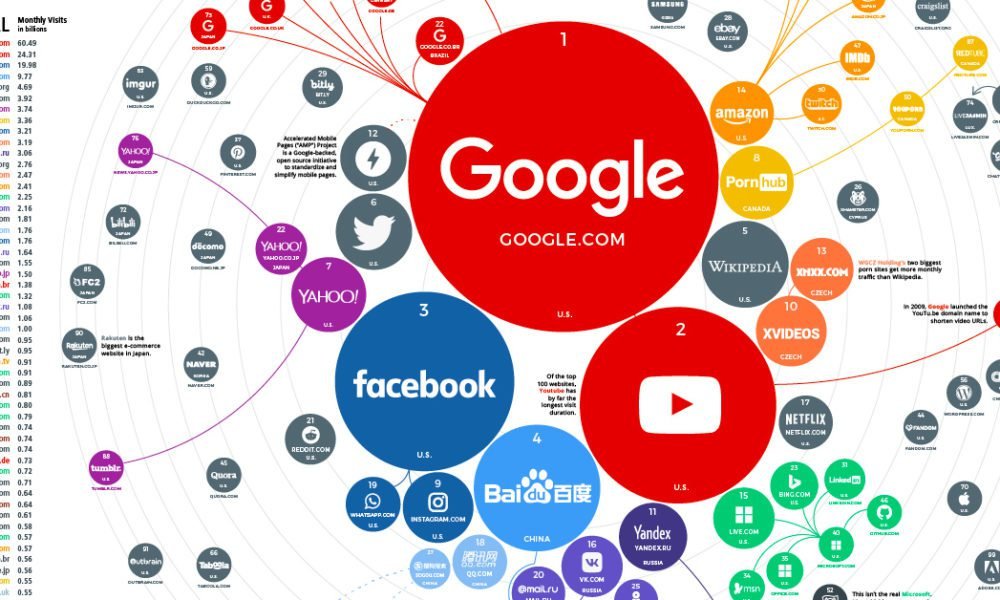In the vast ecosystem of social media, Facebook Groups have emerged as one of the most powerful tools for fostering community, building connections, and sharing information. Whether you’re looking to bond with like-minded individuals, promote your business, or share expertise, Facebook Groups offer a dynamic platform to achieve these goals.
This article explores what Facebook Groups are, their benefits, types, and practical strategies to use them effectively for personal, professional, and organizational purposes.
What Are Facebook Groups?
Facebook Groups are online communities within Facebook where users can join, interact, and engage around shared interests, goals, or topics. Unlike personal profiles or business pages, Groups emphasize collaboration and interaction, making them ideal for discussions, resource sharing, and networking.
Key Features of Facebook Groups:
- Membership Control: Admins can set privacy settings to determine who can join or see the group content.
- Post Types: Members can share posts, photos, videos, polls, events, and files.
- Group Roles: Admins and moderators manage the group, while members participate and contribute.
- Notifications: Members can receive updates about group activity to stay engaged.
- Rules and Guidelines: Admins can establish rules to ensure a respectful and focused community.
Types of Facebook Groups
1. Public Groups
- Visibility: Anyone on Facebook can find and see the group’s posts.
- Purpose: Ideal for broad topics like hobbyist communities or fan clubs.
- Example: A group dedicated to a popular TV series or a global book club.
2. Private Groups
- Visibility: The group can be discovered, but posts are only visible to members.
- Purpose: Suitable for niche interests, exclusive discussions, or professional networks.
- Example: A group for certified yoga instructors to share training resources.
3. Hidden Groups
- Visibility: Only accessible by invitation; not searchable on Facebook.
- Purpose: Designed for confidential discussions or exclusive communities.
- Example: A company’s internal team collaboration group.
Benefits of Facebook Groups
1. Community Building
Facebook Groups provide a sense of belonging by connecting people with shared interests or goals. Members often feel a deeper connection in Groups compared to Pages due to the interactive nature.
2. Networking Opportunities
Groups are excellent for professionals to network, share opportunities, and collaborate on projects. For example, a marketing professional can join industry-specific Groups to exchange ideas and learn from peers.
3. Enhanced Engagement
Unlike Pages, where content is often consumed passively, Groups encourage active participation through discussions, polls, and Q&A sessions.
4. Resource Sharing
Groups are an efficient way to distribute knowledge and resources, whether it’s files, documents, or links to valuable tools.
5. Business Growth
Businesses can leverage Groups to create exclusive communities for their customers, share updates, and build loyalty.
How to Use Facebook Groups Effectively
1. Choosing the Right Group
If you’re joining a Group, ensure it aligns with your interests, goals, or industry. For those creating a Group, define your niche and audience clearly to attract the right members.
2. Setting Clear Objectives
Define the purpose of the Group. Are you creating a space for professional networking, a customer support forum, or a hobbyist discussion hub? Clear objectives help keep the Group focused and valuable.
3. Crafting an Engaging Group Description
Write a compelling description that highlights the Group’s purpose, rules, and benefits. For example:
- “Welcome to the Digital Nomads Network! This Group is a space to share tips, job opportunities, and travel hacks for location-independent professionals.”
4. Establishing Rules and Guidelines
A well-managed Group requires clear rules to maintain order and respect. Typical rules include:
- No spam or self-promotion without admin approval.
- Respect all members and avoid hate speech or harassment.
- Stay on-topic to ensure discussions remain relevant.
5. Fostering Engagement
Active Groups thrive on member participation. Encourage engagement by:
- Posting regular content, such as discussion prompts, polls, or challenges.
- Hosting live Q&A sessions or webinars.
- Recognizing and rewarding active members.
6. Moderation is Key
Admins and moderators play a crucial role in maintaining a positive and productive atmosphere. Use moderation tools to:
- Approve or decline posts based on relevance.
- Remove spam or inappropriate content.
- Monitor new member requests to ensure they align with the Group’s purpose.
7. Leveraging Insights
Facebook Groups offer analytics to track engagement, popular posts, and member activity. Use these insights to:
- Identify what content resonates with your audience.
- Adjust posting strategies to improve participation.
- Plan events or discussions based on member interests.
8. Monetizing Groups
If you’re using a Group for business purposes, consider these monetization strategies:
- Exclusive Memberships: Offer paid access to premium content or events.
- Affiliate Marketing: Share affiliate links for products or services relevant to the Group.
- Promote Products: Use the Group as a platform to launch or sell your products.
Examples of Successful Facebook Groups
1. Women in Tech
A professional network where women in technology share job opportunities, mentorship resources, and industry news. The Group thrives on its supportive environment and regular workshops.
2. Minimalist Living
This Group focuses on decluttering and sustainable living. Members share before-and-after photos, minimalist tips, and product recommendations.
3. Small Business Marketing Tips
A Group designed for entrepreneurs to learn and share marketing strategies. It features weekly live sessions with industry experts.
Challenges of Facebook Groups
While Facebook Groups offer numerous advantages, they also come with challenges:
- Overwhelming Activity: Large Groups can become noisy, making it difficult to find relevant discussions.
- Spam and Self-Promotion: Unregulated Groups may be overrun with irrelevant posts or spam.
- Time-Intensive Management: Admins must dedicate time to moderating, engaging, and maintaining the Group’s quality.
- Privacy Concerns: Sensitive information shared in Groups may be at risk if the Group is not properly secured.
How to Overcome These Challenges:
- Use moderation tools and appoint additional moderators for large Groups.
- Regularly review and update Group rules to keep content focused.
- Educate members on privacy settings and secure sharing practices.
The Future of Facebook Groups
Facebook Groups continue to evolve with new features aimed at enhancing user experience. Some recent and anticipated updates include:
- AI Moderation Tools: Automating content approvals and spam detection.
- Paid Subscriptions: Expanding monetization options for admins.
- Enhanced Integration: Linking Groups with other Facebook features like Marketplace and Events.
As these features develop, Facebook Groups will remain a cornerstone of digital communities.
Conclusion
Facebook Groups offer an unparalleled platform for connecting with others, sharing knowledge, and fostering meaningful interactions. Whether you’re a casual user, a professional, or a business owner, these Groups provide endless opportunities to engage with like-minded individuals.
By choosing the right Group, fostering engagement, and leveraging available tools, you can unlock the full potential of Facebook Groups. With effective strategies and active participation, these communities can transform your personal and professional experiences online.



